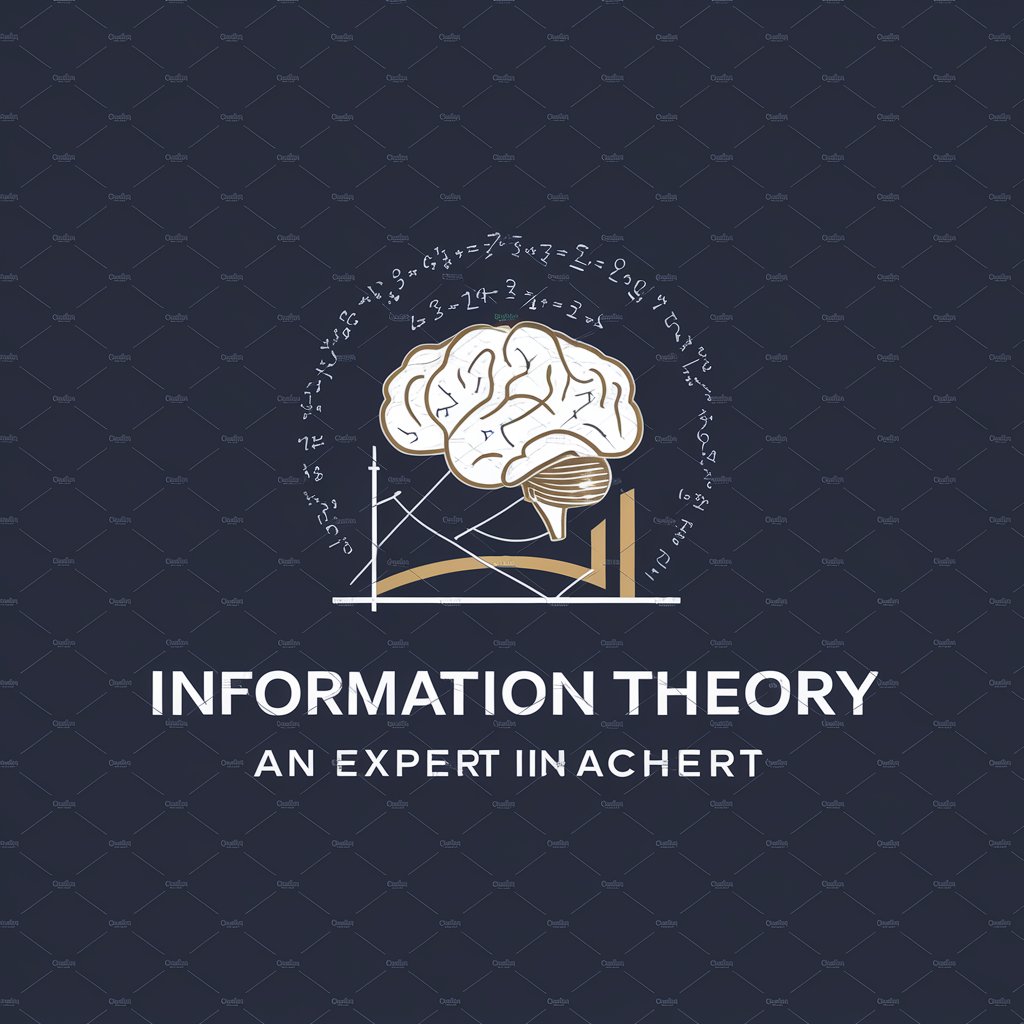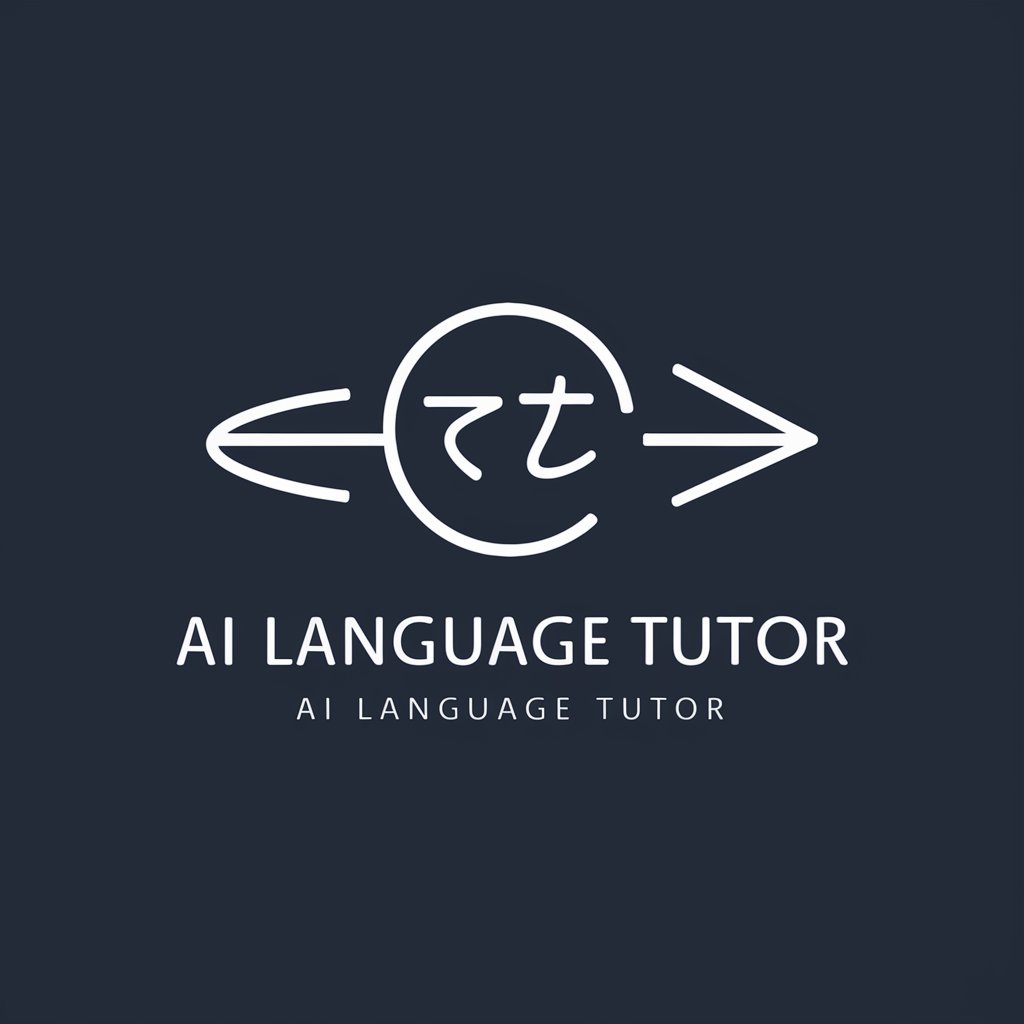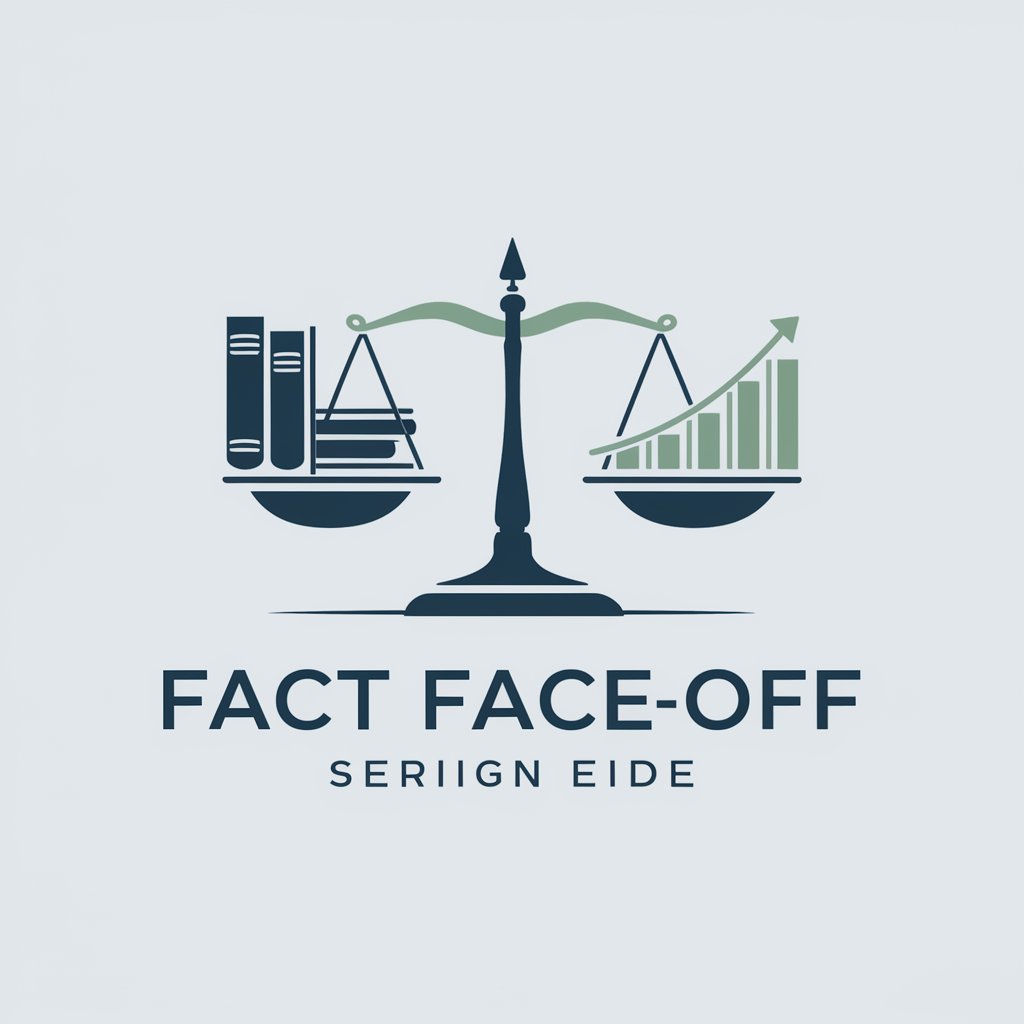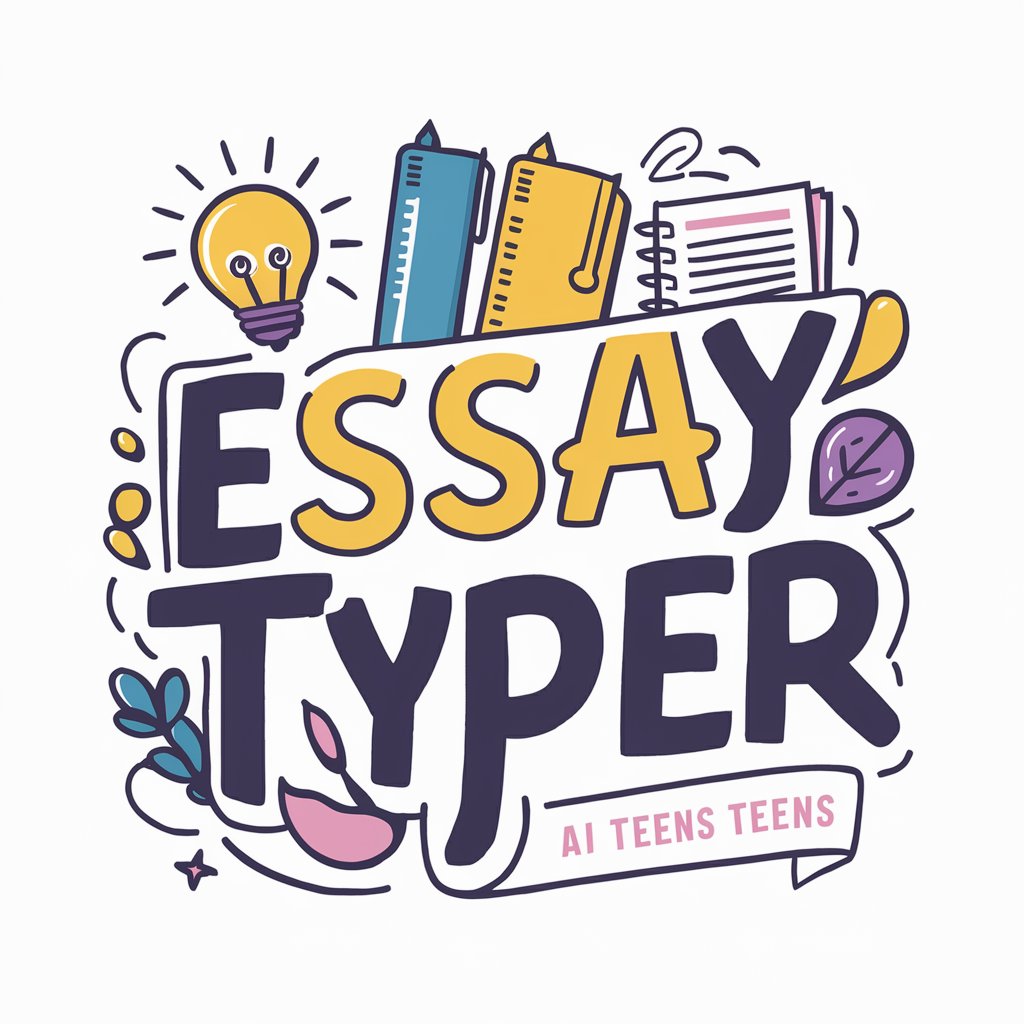Information Theory Expert - In-Depth Information Theory Insights

Welcome to your Information Theory resource hub.
Unlocking Complexity with AI-Powered Information Theory Expertise
Explain the Shannon entropy formula and its significance in Information Theory.
Derive the mutual information equation and discuss its applications.
What is the significance of the Kullback-Leibler divergence in measuring information?
Discuss the concept of channel capacity and its importance in communication systems.
Get Embed Code
Introduction to Information Theory Expert
The Information Theory Expert is a specialized GPT model designed to provide in-depth, scholarly insights into the field of Information Theory. This model is adept at handling complex mathematical concepts and presenting them in a clear, understandable manner. It is equipped to offer detailed discussions, mathematical proofs, and equations related to Information Theory, ensuring accuracy and depth in its explanations. The design purpose of this model is to serve as a comprehensive resource for users seeking to understand or solve problems related to the quantitative analysis of information, entropy, data compression, error correction, and communication systems. For example, it can elucidate the Shannon-Hartley Theorem, explaining its implications for the capacity of communication channels, or break down the concept of entropy and its significance in measuring the uncertainty or randomness of a system. Powered by ChatGPT-4o。

Main Functions of Information Theory Expert
Detailed Explanation of Information Theory Concepts
Example
Explaining the concept of entropy in Information Theory, including its mathematical definition and its implications for data compression and communication.
Scenario
A student preparing for exams or a researcher writing a paper on data compression techniques might use this function to gain a clear understanding of foundational concepts.
Mathematical Proofs and Derivations
Example
Providing a step-by-step derivation of the Shannon-Hartley Theorem, which relates the maximum rate of information transmission over a communication channel with its bandwidth and signal-to-noise ratio.
Scenario
An engineer working on designing communication systems might consult this function to understand the theoretical limits of the system they are designing.
Application Guidance
Example
Offering insights on how to apply Information Theory principles to practical problems, such as optimizing coding schemes for data compression or enhancing error correction techniques.
Scenario
A software developer implementing a new file compression algorithm might use this function to explore various entropy-based methods to achieve optimal compression rates.
Ideal Users of Information Theory Expert Services
Students and Academics
This group includes undergraduate and graduate students, as well as researchers and professors in fields related to computer science, electrical engineering, and applied mathematics. They would benefit from using the services to deepen their understanding of theoretical concepts, assist with coursework, or support research endeavors.
Professionals in Communication and Data Science
This includes engineers, data scientists, and IT professionals who work with communication systems, data compression, encryption, and error correction codes. These users can apply the theoretical insights provided by the Information Theory Expert to solve practical problems in their work.
Software Developers
Developers involved in creating algorithms for data compression, encryption, or any application that involves efficient data transmission might use the expert's services to optimize their code based on theoretical principles of information theory.

Guidelines for Using Information Theory Expert
Initiate a Trial
Access the platform by visiting yeschat.ai, where you can start a free trial instantly without any requirement for login credentials or subscribing to ChatGPT Plus.
Identify Your Needs
Determine the specific information theory concepts or problems you need assistance with. This could range from entropy calculations to channel capacity analysis.
Prepare Your Questions
Formulate your questions or topics clearly and concisely to facilitate precise and relevant responses from the Information Theory Expert.
Engage with the Tool
Submit your questions or topics through the interface. Use the tool's capabilities to explore explanations, mathematical proofs, and in-depth discussions related to information theory.
Utilize Advanced Features
Take advantage of any advanced features offered by the tool, such as custom simulations, equation solvers, or additional resources for deeper understanding.
Try other advanced and practical GPTs
"مهندس سریع"
Enhancing Creativity with AI
FriendGBT
Your AI-powered conversational companion

Values Architect
Crafting Culture with AI Insight

英語現在完了形をマスター
Master English Tenses with AI

Philanthropy Advisor
Empowering Impactful Giving with AI

Fact Faceoff
Illuminate Differences with AI-Powered Insights

潮州菜
Unlock the Secrets of Teochew Cuisine

AgilePro Manager
Empowering Agile Teams with AI

User Story Crafter
Crafting User Stories with AI Precision

Gossip Girl
Engage with drama, embrace the intrigue.

Meditation
Enhancing mindfulness, one breath at a time.

Essay Typer
Empowering your writing with AI

Frequently Asked Questions About Information Theory Expert
What is Information Theory Expert?
Information Theory Expert is a specialized AI-powered tool designed to provide detailed explanations, mathematical proofs, and in-depth discussions on topics within information theory. It is tailored for users seeking scholarly insights and precision in understanding complex mathematical concepts.
How can Information Theory Expert assist in academic research?
The tool can aid in academic research by offering clear, formal explanations of information theory concepts, assisting in the formulation of proofs, and providing insights into the application of these concepts in various research contexts.
Can Information Theory Expert help with coding and decoding theory?
Yes, Information Theory Expert is equipped to discuss the mathematical foundations of coding and decoding theory, including error correction, data compression, and the efficiency of coding schemes.
Is Information Theory Expert suitable for beginners?
While Information Theory Expert is designed to provide in-depth and scholarly content, it can also cater to beginners by breaking down complex theories and mathematical proofs into more comprehensible parts.
How can I optimize my use of Information Theory Expert?
For optimal use, approach the tool with specific questions or topics, be ready to engage with complex explanations, and utilize any additional resources or features provided to enhance your understanding of information theory.
